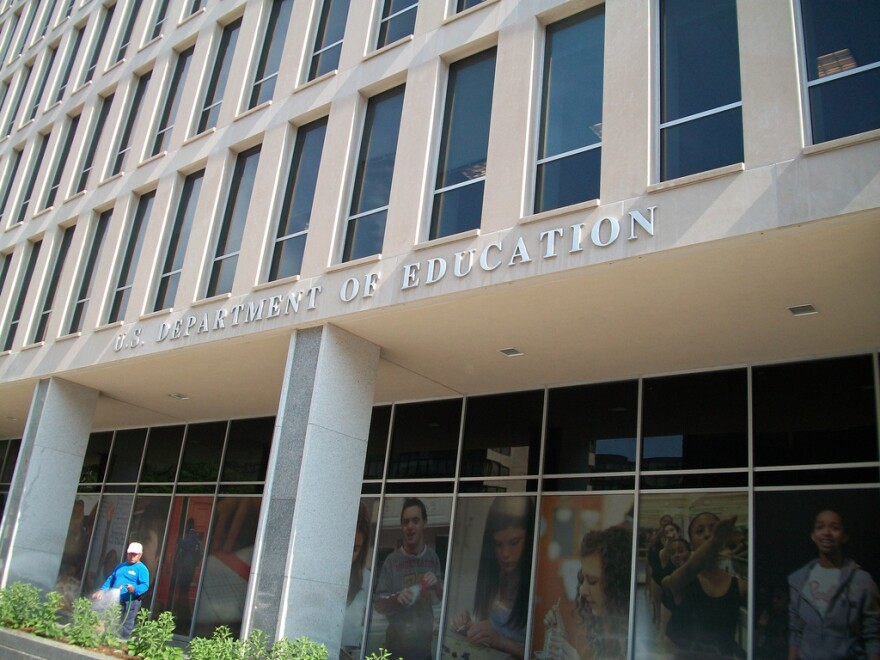Late last month the U.S. Department of Education revised rules in its Higher Education Act of 1965, to force most for-profit colleges to ensure graduates are prepared for "gainful employment in a recognized occupation."
If these institutions can't meet the new burden, they risk losing all federal loan dollars, which makes up about 86 percent of their revenues.
Last week, a trade association representing more than 1,400 for-profit colleges,sued the U.S. Department of Education saying the gainful employment clause and its debt-to-earnings radio was arbitrary. The Association for Private Sector Colleges and Universities filed the suit and askedwhy the rules don't apply to all higher-education outlets. They also argued that the regulatory scheme had been tried before, referencing a 2012 rule change targeting for-profit colleges that was thrown out.
Now, five years on, the battle over these regulations is well documented. A two-year investigationin 2012 by Sen. Tom Harkin of Iowa revealed that taxpayers were putting $30 billion into for-profit colleges via student loans. The report showed that though these schools were educating just over 10 percent of higher education students, they were taking 25 percent of student loan funds.

The schools, which are very expensive often leave students withless attractive credentialswho go into default on their federal loans at four times the rate.
According to the administration, they hope the rule will lead to more accountability, transparency, better student outcomes, and less gargantuan debt for students.
For-profit advocates argue they represent the underserved; impoverished and minority communities make up most of their student base. Their motives aren't altruistic. These communities are often the least prepared to take courses and more likely to not understand the terms of their loans, and the real cost of their education.
Critics of for-profit colleges note several unscrupulous methods to enroll their students. Several homeless-advoacy groups have pointed to their targeting of the homeless community, something "The Source" has reported on before.
Tuesday, the Republic Report ran a story showing that certain websites promising jobs and Medicaid benefits were actually fraudulentphishing schemes designed to feed names and phone numbers to for-profit colleges. In prior reporting they also found egregious cases of exploitation, highlighting a 37-year-old man who read at a third grade level being signed up for a law enforcement certification program.
Guest:
David Halerin, reporter at Republic Report. Former vice president at the Center for American Progress.
*We did reach out to the The Association for Private Sector Colleges and Universities, but they couldn't appear on the program due to scheduling. We hope to have them on a future date. Here is their statement.



